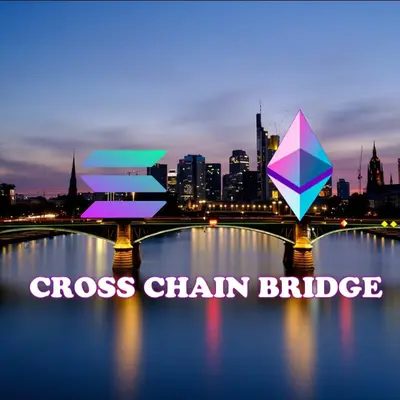Aptos CEO declares the allocation structure of APT tokens to be fair
The CEO and CTO of emerging blockchain project Aptos (APT) claims the project's tokenomics is fair, in response to recent criticism.

Aptos .'s "controversial" airdrop event
An important event that helped revive the trend of airdrop - retroactive in the past time is the "turbulent" airdrop of Aptos (APT), a layer-1 blockchain project that has a lot of expectations. Besides declaring itself a "Solana killer", Aptos also raised up to $350 million in investments from large funds in 2022 and inherited the technology foundation of Facebook's failed stablecoin project Diem, using Facebook's failed stablecoin project Diem. using a new programming language called Move.
However, the launch event did not go smoothly. After announcing the mainnet implementation of the blockchain and listing the exchange, Aptos waited until the last minute to announce the project's tokenomics and transfer the APT airdrop to the users – things that should have been done before. token listing. Not stopping there, users also discovered that up to 80% of the total APT supply is controlled by Aptos and large funds and have been staking to earn more APT, saying that it is not fair to the community.
According to APT's tokenomics, the supply of 1 billion tokens will be distributed as follows:
– Community: 510,217,359,767 APT (51.02%)
– Core Member: 190,000,000 APT (19%)
– Project fund: 165,000,000 APT (16.5%)
– Investor: 134,782,640,233 APT (13.48%)
Even so, out of 51% of the community, only 20 million APT will be airdropped to the community, while the rest will be controlled by Aptos and spent on development activities in the next 10 years. This is the reason why the community is not satisfied because, during that time, Aptos can staking the above amount to get more APT, instead of giving it to the community.
In a recent interview with CoinDesk, Aptos CEO Mo Shaikh said:
“Our goal when designing APT's tokenomics was to create something that is fair to the community. If you look at the token allocation structure, it can be seen that Aptos has the lowest investor split among blockchains.”

Mr. Mo Shaikh added:
“We also have a long token lockup period for investors, so they won't be able to release tokens to investors, they are blocked from doing that. We have put a lot of restrictions on investors, which no one has ever done.”
It is true that APT allocated to Core Members and Investors will be locked for 1 year and paid monthly for the next 4 years, but in tokenomics, Aptos acknowledges the staking rewards that these units receive. received will not be locked, which means that these components can still use a large amount of money they control on staking out new APT and sell it anytime they want.
Since the time of listing on October 19, the price of APT has plummeted and is currently trading in the range of 7 to 9 USD.

Aptos still lacks transactions on the network
Another point of criticism is that the APT airdrop took place without mechanisms to prevent people from creating multiple accounts in order to receive more funds, aka Sybil attacks. Indeed, the condition to receive the APT airdrop is only 1) Register to use Aptos Incentivized Testnet; or 2) Mint NFT APTOS:ZERO testnet.
Regarding the above, Chief Technology Officer Avery Ching said:
“It is a big challenge to ensure that those who have contributed to the network are rewarded. You must find a way to identify unique users. We went to great lengths to filter out and ensure airdrop recipients are individual, ensuring airdrops are sent to each address only once.”
In addition to the advantages of backing funds and technology platforms, Aptos also claims to be able to support speeds of up to 10,000 transactions per second. However, at the moment, the Aptos Explorer page only reports that the network has 16 transactions/second, while the peak is up to 2,107 transactions/second.

Mr. Ching admitted:
“On the testnet, we have confirmed that it can reach several thousand transactions per second. We hope to be able to push the mainnet to the limit in the near future.”
The cause of the lack of activity on Aptos is most likely because there are still not many applications deployed here, although many projects (especially the one from Solana) announced that they will soon launch on the blockchain. new.
One of the reasons for the delay could be because projects still need more time to reset the product according to Aptos' Move programming language, which is a legacy technology from the failed stablecoin project Diem. of Facebook. Another blockchain that emerged from Diem is Sui which also uses the Move language.
The CTO of Aptos added:
“Move is inspired by Rust [Solana's programming language] in many ways. The difference is that Move is built to serve smart contract programming. We found that using Move would be even simpler than using Solidity [the programming language of Ethereum].
Responding to concerns about the security of Aptos when using a new programming language, in the context of the crypto industry continuously witnessing hacks that leave losses of up to 3 billion USD since the beginning of 2022 until now, Mr. Ching said:
“We did a thorough check before launching the project. We have localized vulnerabilities that could be attacked, working with security assessors and other projects to identify potential risks. Move is inherently safe, but we've done extra tests beyond what's necessary to be sure."
FoxCryptoNews summary
Nov 04, 2022

























